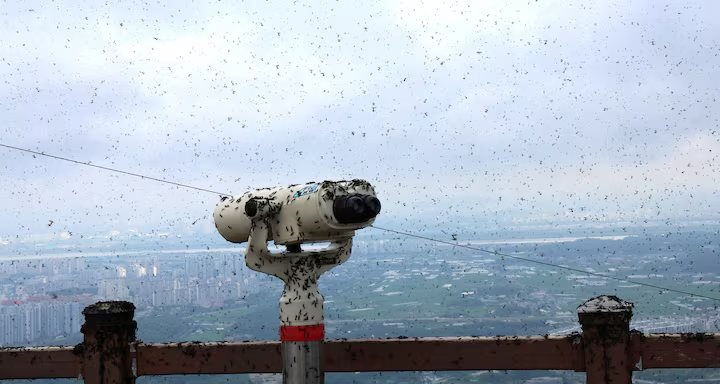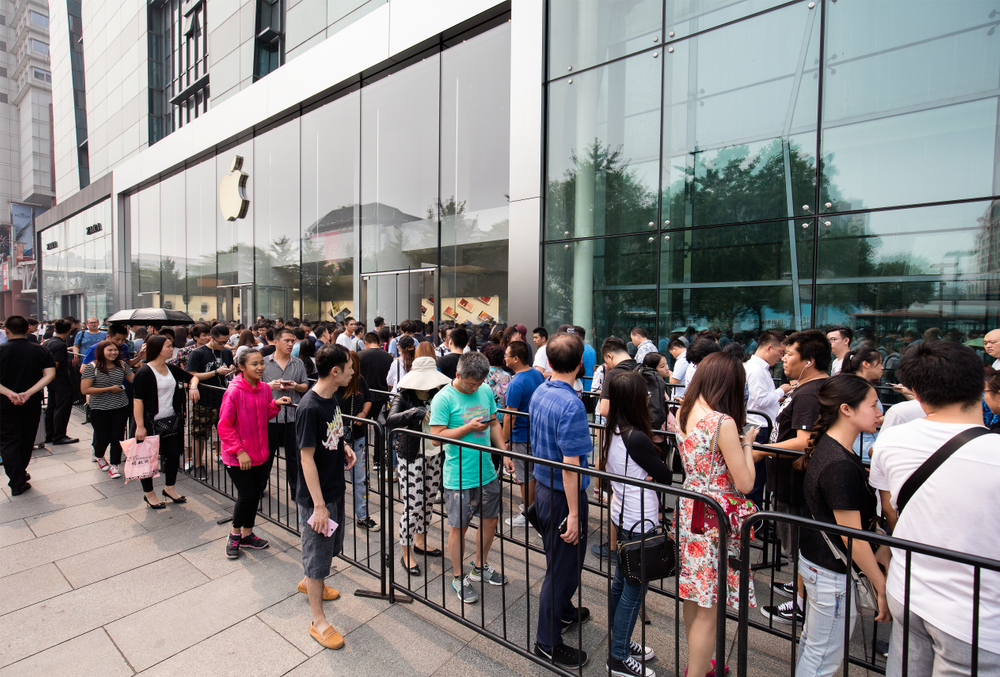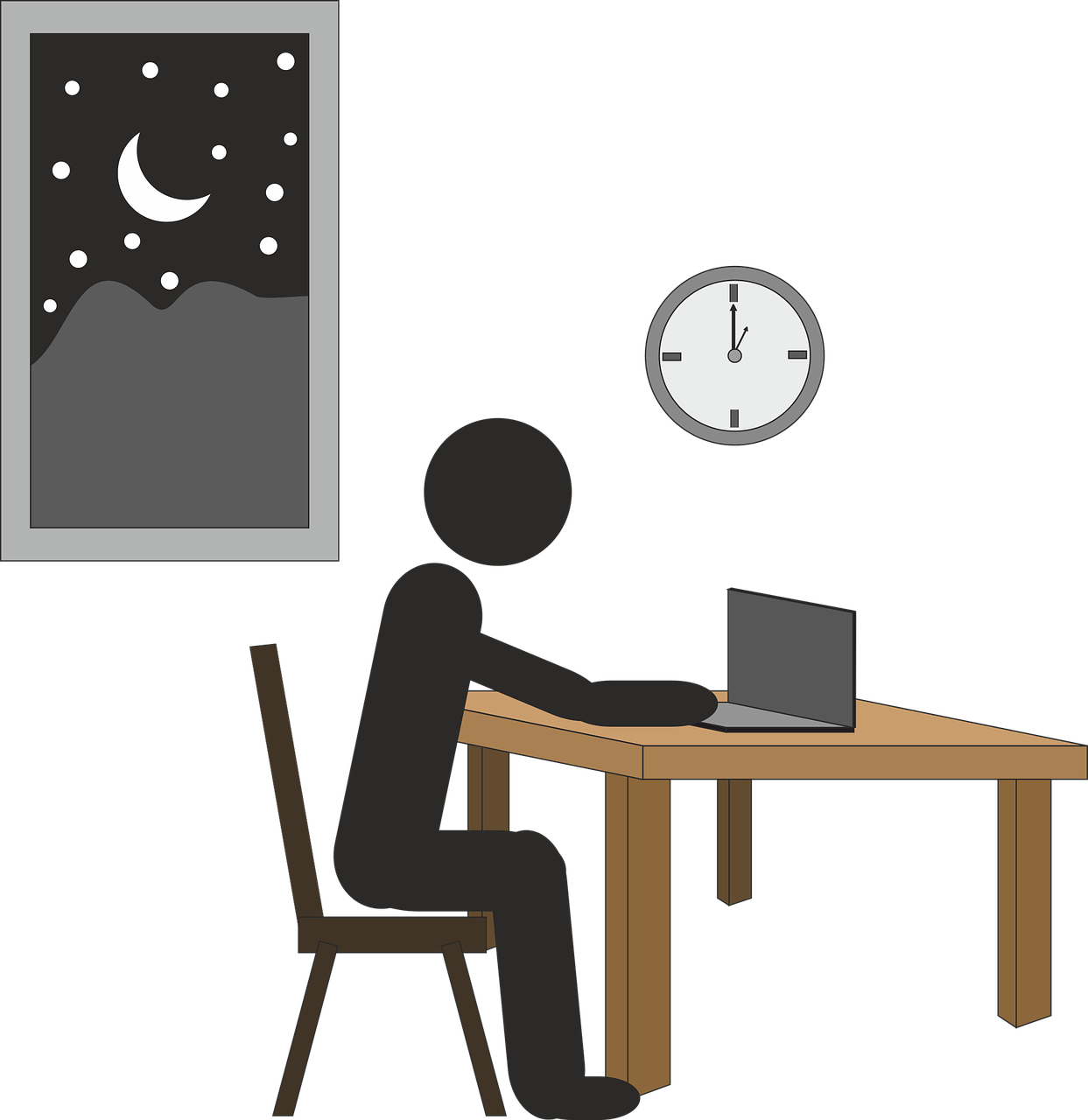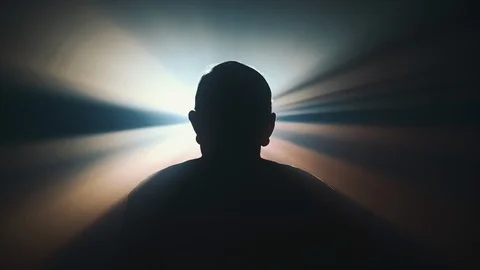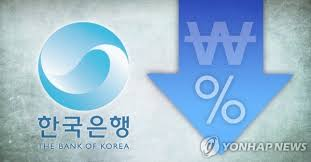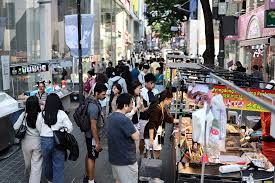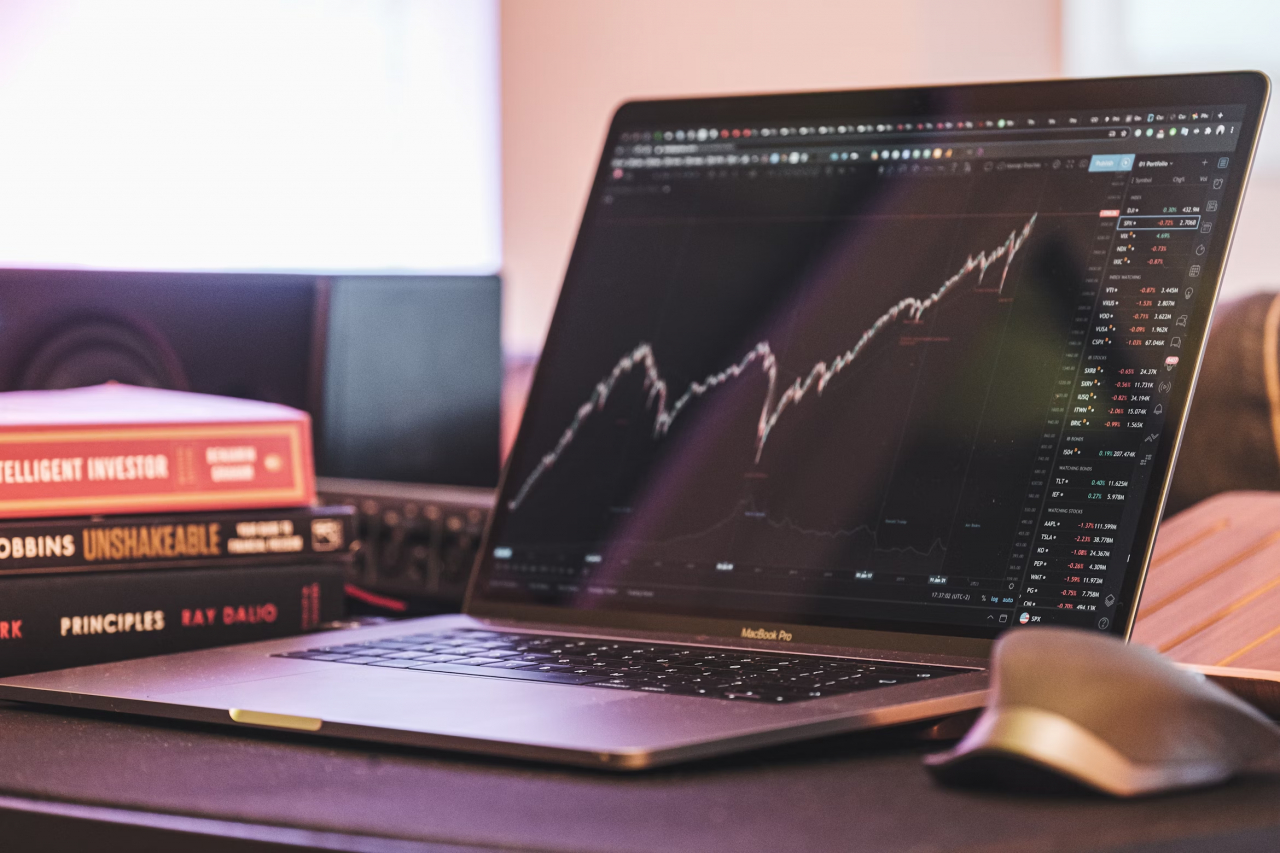| 최초 작성일 : 2025-08-21 | 수정일 : 2025-08-21 | 조회수 : 63 |
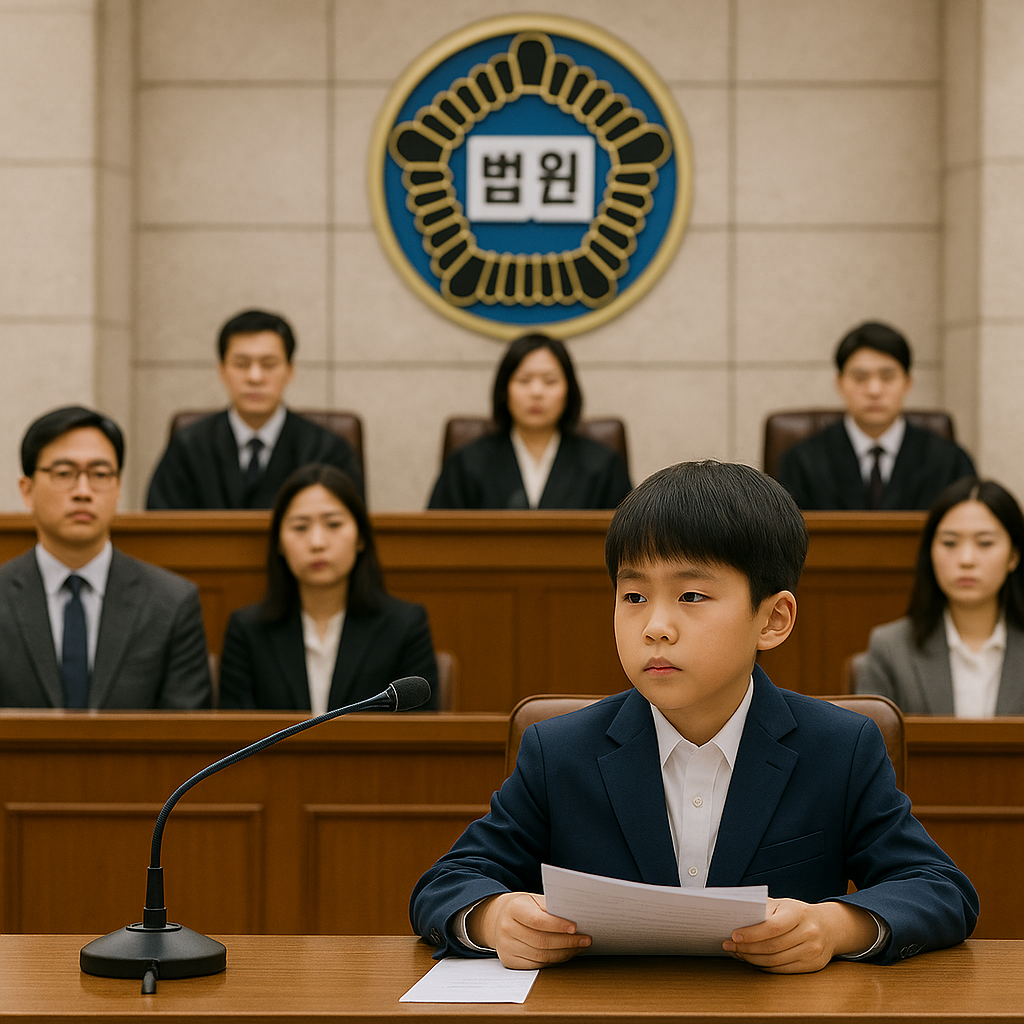
It is a scene that should make us pause: an eleven-year-old child standing before a courtroom, not to answer for wrongdoing, but to demand justice for a future that feels increasingly uncertain. In South Korea, a youth has filed a damages lawsuit against one of the nation’s most powerful industrial giants, POSCO, charging that unchecked emissions and state inaction have endangered the rights of an entire generation. This is not merely a lawsuit—it is a moral reckoning. When children must take to the courts to defend their right to live in a stable climate, society is forced to confront its own failure. Questions of law, justice, and responsibility suddenly collide with deeper questions of intergenerational fairness: Who bears the cost of today’s carbon-heavy economy? Who decides how much risk tomorrow’s children must shoulder? In many ways, this lawsuit symbolizes a profound shift. It signals that climate change is no longer only an environmental issue, but a legal and ethical frontier where fundamental rights are tested. It reminds us that justice is not static; it evolves as societies awaken to new harms and new responsibilities. And it asks us whether we can truly claim progress if the youngest among us feel compelled to fight for the very air they breathe. The case of this eleven-year-old is more than a personal act of courage—it is a mirror reflecting a society at a crossroads, where the voices of the youngest may prove to be the most uncompromising call for change.
1. Legal Perspective – Intergenerational Justice and Fundamental Rights In legal scholarship, the concept of intergenerational justice has become a cornerstone principle. It asserts that the present generation must not undermine the survival conditions or fundamental rights of future generations. Within international human rights law, the right to a healthy environment is increasingly recognized not as an optional policy choice, but as an extension of the right to life and dignity. Constitutional law further emphasizes the state’s duty of protection, obligating governments to actively safeguard environmental and generational rights, even for those not yet born. 2. Political Perspective – Social Contract and Democratic Legitimacy From a political science viewpoint, this issue is framed as a challenge to the intergenerational social contract. Traditional democracies operate on the will of present-day voters, but climate change imposes costs primarily on those who do not yet have the right to vote. This creates a structural bias toward the present, known as presentism. To overcome this, some scholars propose innovative institutions such as a Council for Future Generations, designed to represent the long-term interests of those absent from current political processes. 3. Sociological Perspective – Risk Society and Social Responsibility The sociologist Ulrich Beck famously described the modern era as a “Risk Society.” Unlike earlier industrial societies focused on the distribution of wealth, contemporary societies are primarily concerned with the distribution of risks produced by technology and industry. Climate change epitomizes this dynamic, generating unpredictable and far-reaching dangers. Crucially, these risks are unequally distributed: the poor, the marginalized, and future generations disproportionately bear the burdens. This highlights a profound structural inequality and raises urgent questions about collective social responsibility.
1. Legal Interpretation – Reconstructing Constitutional Rights and Duties The lawsuit filed by Korean youth against POSCO is not merely a civil damages claim; it is a constitutional challenge. Traditionally, constitutions safeguard the freedoms and rights of the present generation. But in the context of climate change, the pressing question becomes: how do we protect the rights of those not yet born? POSCO’s emissions, while benefiting today’s economy, directly endanger the survival of future generations. This case may redefine the right to a healthy environment as an extension of the right to life itself. If the court acknowledges this, corporations will no longer be judged solely by compliance with current regulations but by their intergenerational responsibility, a potentially groundbreaking shift in legal accountability. 2. Political Interpretation – The Democratic Deficit Across Generations At its core, climate change exposes the democratic bias toward the present. Today’s policies are shaped by the electorate—those with voting rights now—while the true consequences unfold decades later. Youth and unborn generations, who will face the brunt of climate collapse, have no voice in the system. This lawsuit is therefore more than a legal maneuver; it is a political statement about the absence of representation for future generations. Political theorists have long proposed mechanisms such as a Council for Future Generations or a Youth Assembly to address this gap. The Korean case underscores the urgency of institutional innovation in ensuring intergenerational justice within democracy. 3. Sociological Interpretation – The Unequal Burden of a Risk Society Ulrich Beck’s theory of the Risk Society highlights how industrial progress generates systemic risks that are unevenly distributed. Climate change exemplifies this dynamic. Those who contributed least—the poor, the marginalized, and the young—will suffer the most. The image of an 11-year-old plaintiff confronting one of the world’s largest corporations is therefore not just symbolic but sociologically profound. It exposes the structural injustice wherein risks are externalized onto the most vulnerable. If society ignores these claims, the generational divide may transform into social unrest and political resistance in the near future. 4. Comprehensive Reflection – A Warning for Korean Society Ultimately, this youth-led lawsuit is not just a courtroom drama. It is a structural interrogation of Korean society itself: Whose rights does the state truly protect? Is present economic growth mortgaging the survival of future generations? Can democracy be legitimate if it silences those most affected by its decisions? These are not rhetorical questions but urgent challenges. The case represents a litmus test for intergenerational justice, with implications far beyond Korea. The world is watching to see whether Korea will stand at the forefront of climate accountability or remain locked in the logic of presentism.
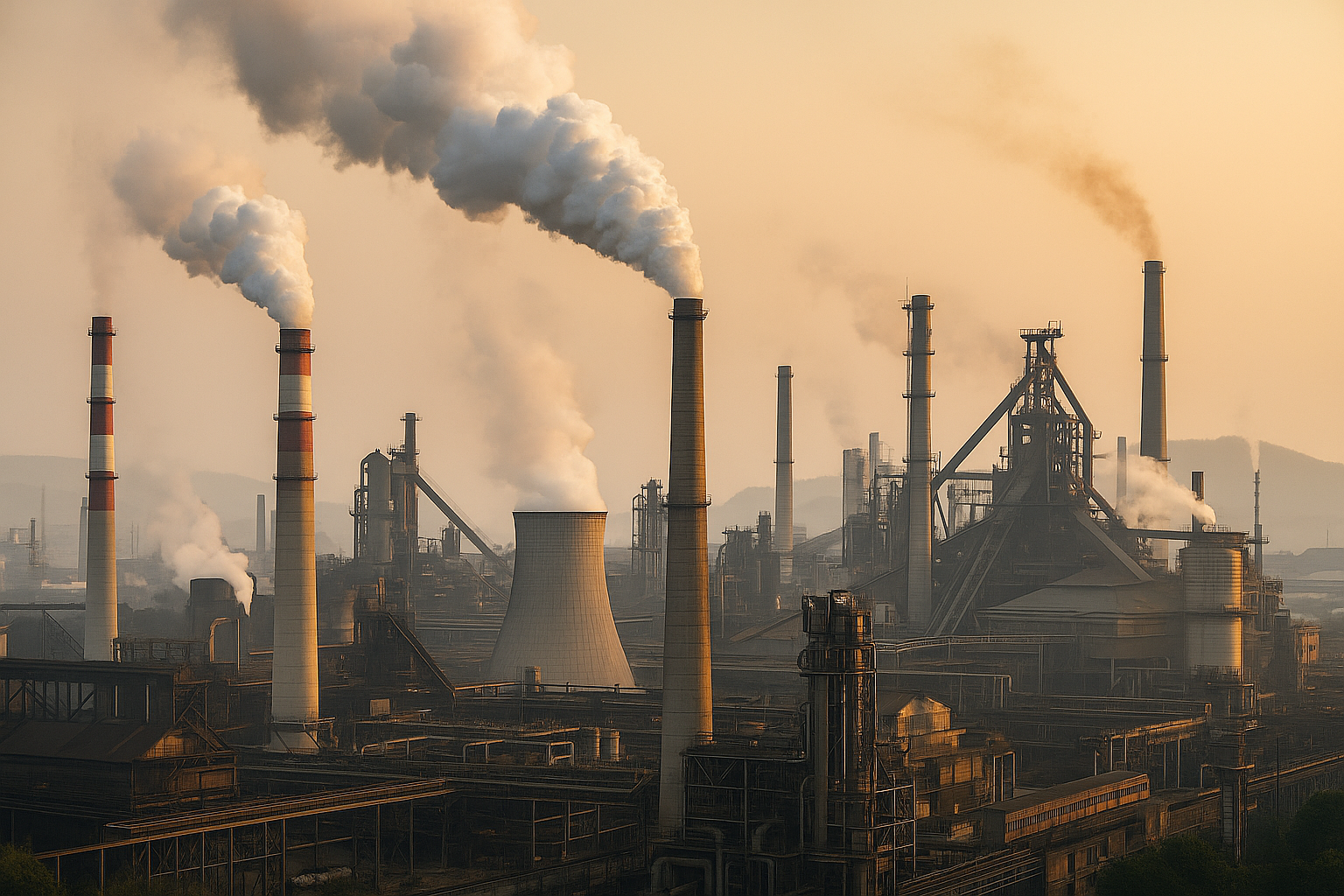
1. Policy Recommendations – A Paradigm Shift in Law and Institutions Constitutionalizing Climate Rights: Korea must explicitly recognize the “environmental rights of future generations” in its Constitution, imposing binding duties on both state and corporations. Institutionalizing Climate Damages: Class-action lawsuits and environmental taxation should reinforce the principle that polluters pay, victims are compensated. Correcting Generational Bias in Decision-Making: Establish a Future Generations Committee within the National Assembly and institutionalize youth participation in national long-term planning. 2. Corporate and Industrial Responsibility – Beyond Compliance Corporations can no longer hide behind mere compliance. Mandatory carbon disclosure must reveal corporate climate impacts transparently. ESG is no longer optional branding; it is a legal and social obligation. Large corporations, in particular, must integrate intergenerational responsibility into their business philosophy, with climate action plans subjected to legal scrutiny. 3. Social and Cultural Transformation – The Role of Civil Society The voices of youth must not remain confined to the courtroom. Schools should incorporate climate citizenship education into the core curriculum, teaching both rights and responsibilities. Civil society and media must ensure that this lawsuit evolves into a sustained public discourse, not a fleeting headline. Climate change must be reframed from an “environmental issue” into a question of human rights, economic justice, and social equity. 4. International Solidarity – Sharing Responsibility Globally The Korean case has already drawn international attention. Korea should join and strengthen a global climate litigation network, sharing precedents and strategies. Pressure must increase on advanced economies and multinational corporations to fulfill their global accountability. Korea must emerge not only as a victim but as a responsible actor in the international climate regime. 5. Final Recommendation – Toward Intergenerational Justice This lawsuit asks the profound question: “Who bears the cost?” The answer cannot be deferred. It must be shared—by governments, by corporations, by society as a whole. This is the moment for Korea to renegotiate its social contract for the climate era, with justice across generations at its core.
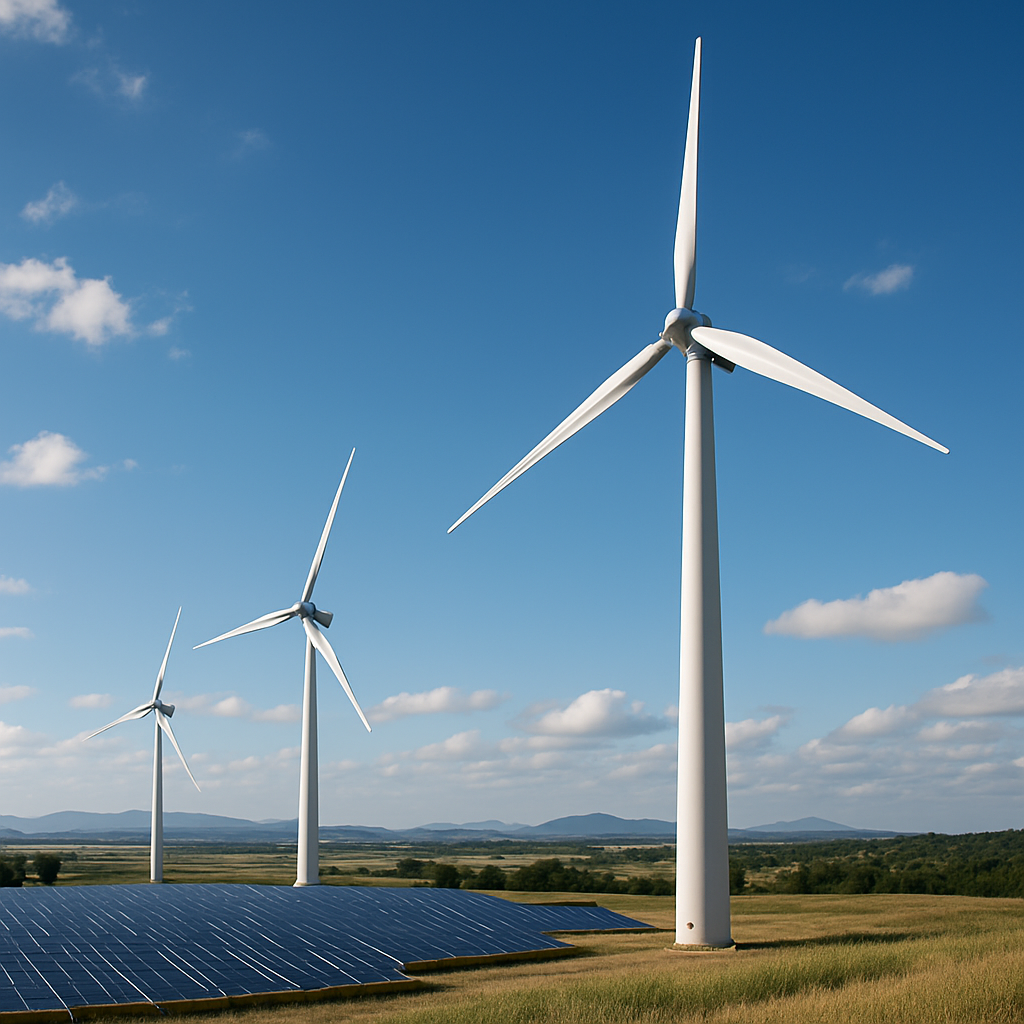
The climate lawsuit brought forth by youth is not merely a legal action. It is a mirror held up to today’s adults, and at the same time, a cry from tomorrow’s generation that has yet to arrive. The 11-year-old plaintiff standing before the court is not speaking in legal jargon or statistical figures; instead, they are asking the essential question: “What kind of world will we leave behind?” For too long, discussions about climate change have been buried beneath targets, metrics, and deadlines. We comfort ourselves with abstract numbers like “net zero by 2050,” while forgetting that climate change is not an issue of statistics—it is about the air our children breathe, the water they drink, and the ground they walk on. This lawsuit exposes an uncomfortable truth: if youth must resort to the courts, it is because the adults have failed to uphold their responsibilities. Ignoring that responsibility will only lead us to irreversible costs and devastating losses. The choice before us is now crystal clear. We must move beyond viewing climate change as merely an “environmental issue” and recognize it as a matter of social justice, intergenerational justice, and global justice. The solutions cannot be confined to courtrooms; they must emerge from our daily decisions, from policies and economic systems, from education and culture alike. The question posed by an 11-year-old is not confined to a single lawsuit. It lingers for all of Korean society—and for each of us reading these words: “What kind of world do you want to leave for the generations to come?” In the face of that question, silence is no longer an option.



